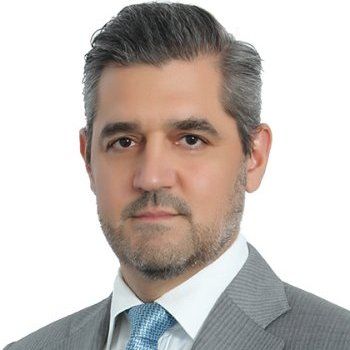Smart Cities in Asia Pacific with Charles Reed Anderson

Charles Reed Anderson, Vice President, Head of Mobility and Internet of Things Asia Pacific, IDC, joined us for a conversation to discuss all things Internet of Things (IoT) and smart cities in Asia Pacific. Starting from his observations from the recent CES 2016, we focused on the discussion how businesses and vendors are figuring out their Internet of Things (IoT) ecosystem and how they will impact digital strategy in 2016. Subsequently, we dived deep into the subject of smart cities in Asia, and discussed how the various stakeholders from government to businesses are figuring out the different initiatives and interesting case studies.
Here are the interesting show notes and links to the discussion (with time-stamps included):
- Charles Reed Anderson (@CRASingapore, LinkedIn, IDC), Vice President, Head of Mobility and Internet of Things Asia Pacific, IDC.
- What are the interesting trends in IoT and mobility happening since CES 2016? (Ref: CES on the Verge) [0:58]
- How are cars classified under mobility or Internet of Things? (Ref: GM and Lyft) [2:36]
- Getting the IOT ecosystem
- What is the definition of Internet of Things in 2016 context? [3:50]
- How do you chart out the IoT ecosystem into a framework such that businesses, vendors and government can navigate? [5:41]
- What are the examples of smart enterprise? [6:21]
- Given that most businesses are thinking of IoT for different solutions, are they in danger of solving a two cents problem with $4.99 solution? [7:44]
- In Asia Pacific, what are the top industries for IoT? [9:18]
- Is the business case for businesses in Asia Pacific on IoT either driven by cost savings or 10x growth? [10:30]
- Smart Cities in Asia
- What is a smart city? [11:29]
- How does the ideal smart city look like in the near term (1-3 years), middle term (3-5 years) and future? [12:18]
- Is smart city more about infrastructure or applications for interactions between online and offline world for example, on-demand services? [14:28]
- What are the facilities and assets for a smart city to manifest? For example, (i) smart buildings, (ii) digital signages, (iii) asset management from real estate to utilities. [15:15]
- A lot of cities in Asia from China to Singapore are now talking up becoming smart cities, what are the major observations you have seen? [18:58]
- Should smart cities be driven by government or by private sector? [20:21]
- Will governments take sides in platform selection in the drive to build out smart cities? [21:15]
- How does the various stakeholders operate in smart cities: (i) government, (ii) customers or citizens, (iii) businesses and (iv) non-profit organisations? [22:30]
- Most governments announced their smart cities or nations strategy across Asia, but are there any concrete initiatives that are laid out?
- What are the interesting examples of smart cities initiatives that you have seen happening? [24:30]
- What are the things we need to watch out about smart cities in Asia for 2016? [26:26]
- Discussion on cybersecurity and its impact to smart cities in Asia Pacific. [27:00]
- Examples of Smart Cities in Asia: Smart Nation Singapore (IDA), Smart Cities in China, Smart City Taipei,
2Podcast Information:
The show is hosted by Bernard Leong (@bleongcw) and are sponsored by Ideal Workspace (Twitter, Facebook and LinkedIn) with their new Aspirus Desk on Indiegogo (Twitter, Facebook, Medium) and Linkcious (and check out their other product, Chiibi). Also check out Ideal Workspace’s new standing desk, Aspirus and sign up for their mailing list.



